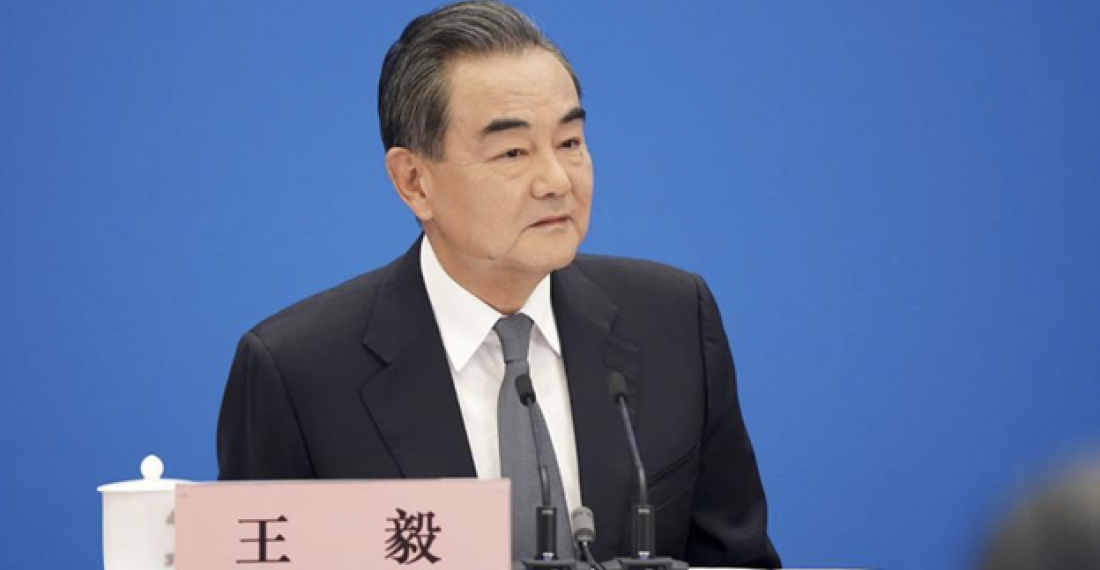Chinese Foreign Minister, Wang Yi, speaking to the National People’s Congress on Monday, said that the relationship between China and Russia was “rock-solid” and reassured Russia of their “everlasting friendship”
As Western Countries, Japan, South Korea and others condemn Russia’s invasion of Ukraine, Wang, China’s preeminent diplomat, criticised the United States for trying to “revive the cold war mindset” and attempting to institute an “Indo-Pacific version of NATO”. China, who signed an agreement with Russia at the Beijing Winter Olympics which covered space, climate change, and AI, stated on Monday, 7 March, that “No matter how precarious and challenging the international situation may be, China and Russia will maintain strategic focus and steadily advance our comprehensive strategic partnership coordination for a new era.” China has abstained from two United Nations votes condemning Russia’s actions in Ukraine and has denounced the imposition of widespread international sanctions.
However, only days ago, Dmytro Kuleba, Ukrainian Foreign Minister, declared that China had assured them that they would help stop the war and secure a ceasefire, saying “Chinese diplomacy has sufficient tools to make a difference and we count that it is already involved . . . and that their efforts will be successful,” after a call with his Chinese counterpart.
In his speech, Wang expressed Beijing’s desire for “dialogue” and “negotiations”, but did not elaborate on the specific measures China has taken or would take in this regard. The Chinese Foreign Minister announced that his country would provide humanitarian aid through the Chinese Red Cross and is organizing the evacuation of Chinese nationals from Ukraine.
Wang's statement in the National People’s Congress highlights the delicate situation China finds itself in. China, who only weeks ago declared its relationship with Russia to be “without limits”, has had to manage its position as an advocate for peace, as well as its ambitions regarding Taiwan. China wishes to assert its control over Taiwan, which it considers part of its territory, by any means necessary. Nevertheless, China attempts to maintain a coherent stance on this matter by distinguishing the two disputes, characterising its relationship with Taiwan as a “domestic issue”, while saying that the Russia-Ukraine conflict is between two sovereign states.






